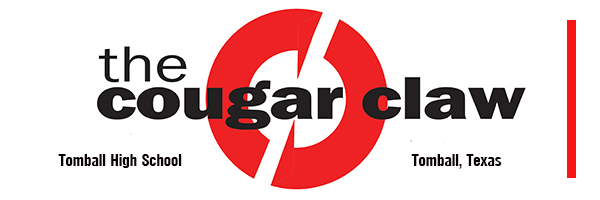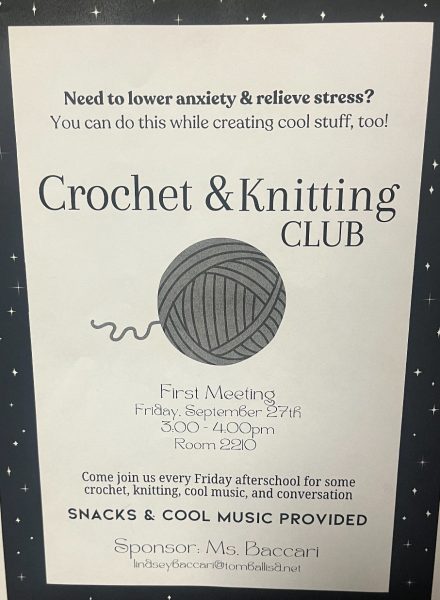Time for district to dump books, switch to electronic devices
It’s been a widely discussed topic in the last decade – the idea of replacing textbooks with online materials – but the concept hasn’t been a practical solution until recently.
It might not have been feasible 10 years ago for schools to make the switch from textbooks to computers. Although the computer was by the end of the millennium a household item, they were still too expensive to be able to be supplied to every student.
But today, an iPad or other type of electronic tablet is not far out of reach for most American consumers. It’s less expensive than a computer, and allows access to the internet and documents just as a computer would.
Many students have already begun to bring their tablets and laptops to school for daily use.
Smart phones and tablets are becoming more and more accepted in the classroom as they allow quick access to the internet. It’s easier to search a word’s definition on a phone than in a dictionary, and rarely are the outdated laptops and computer labs available on campus used for anything more than Microsoft Word.
There are many classes in this school right now that have an assigned textbook for that course that sit stagnant in students’ lockers the entire year.
This is a problem for students and teachers alike. There are classes, like Mr. Bronk’s AP Government class, whose textbook is so outdated that students have a minimal chance of passing the AP test. The class already relies much on the internet and outside resources because of this, making learning strenuous for students.
It’s not unrealistic to propose the switch from textbooks written in the ‘90s to tablets with internet when the school already has open wifi.
Though the school would have to dish out money for the technology, it should be kept in mind that many students already have their own tablets and should be encouraged to bring theirs to school.
The funds it takes to make the switch from textbooks to tablets can’t be any worse than the thousands of dollars it takes to replace lost textbooks each year, not to mention the substantial cost of upgrading to newer book editions which will eventually become obsolete once again. Last year, the school spent $6,628 on lost textbooks alone.
It’s certainly cheaper to buy a license for online books. Students would be more enthusiastic about school if there was a convenient way to access information.
The school making the switch from paper to iPads could lead to higher test scores, increased classroom productivity, and less money spent annually in the long run.














